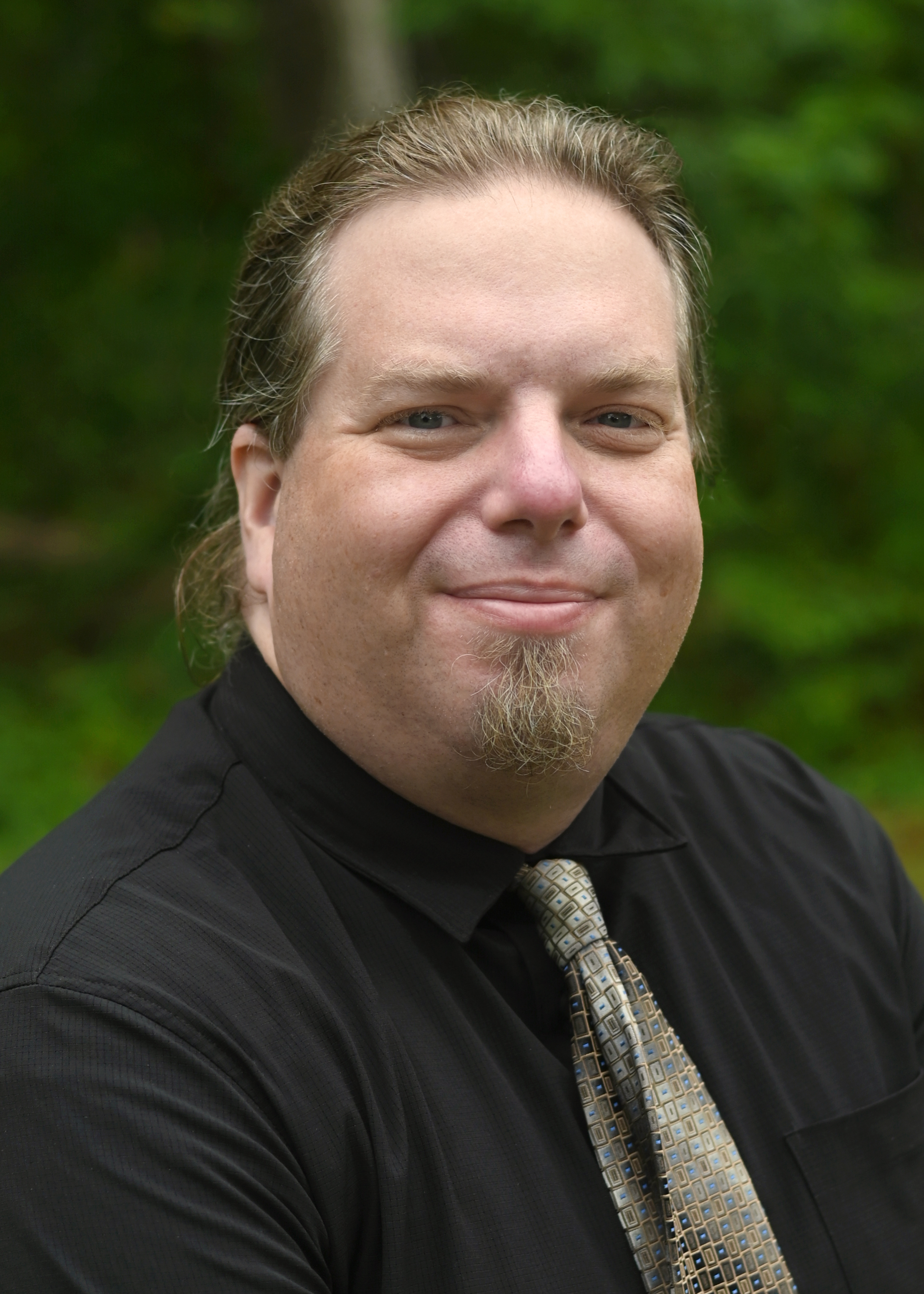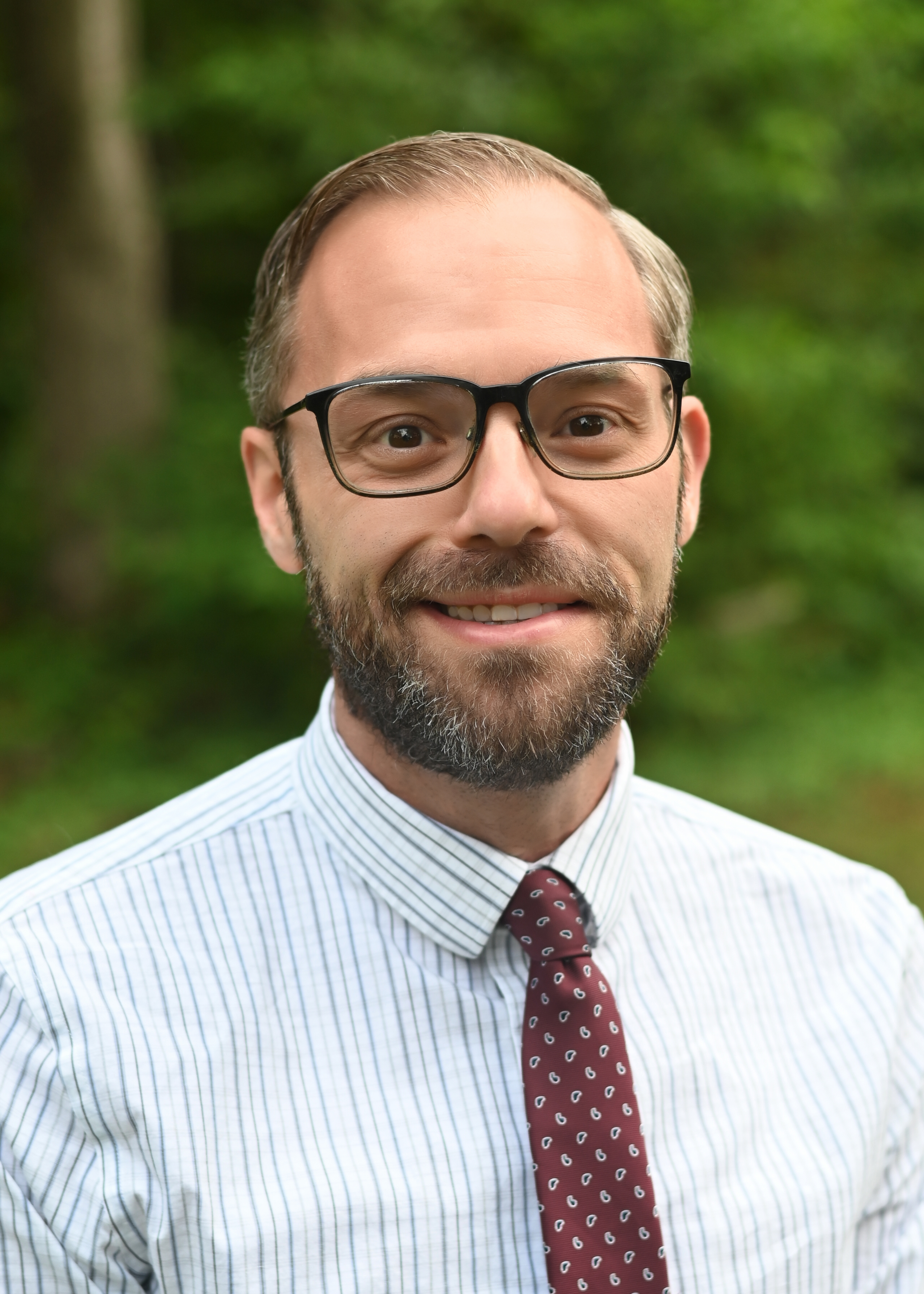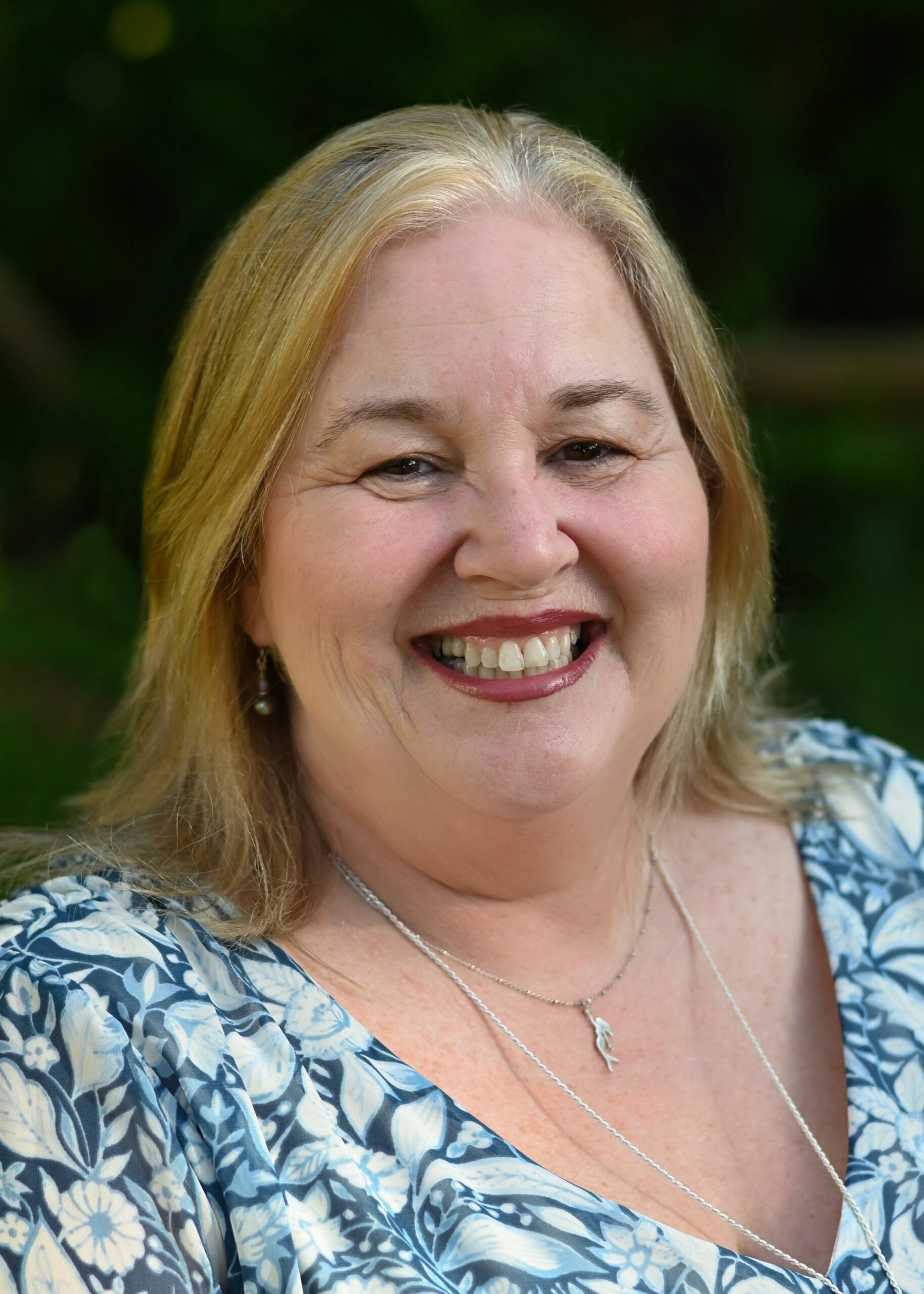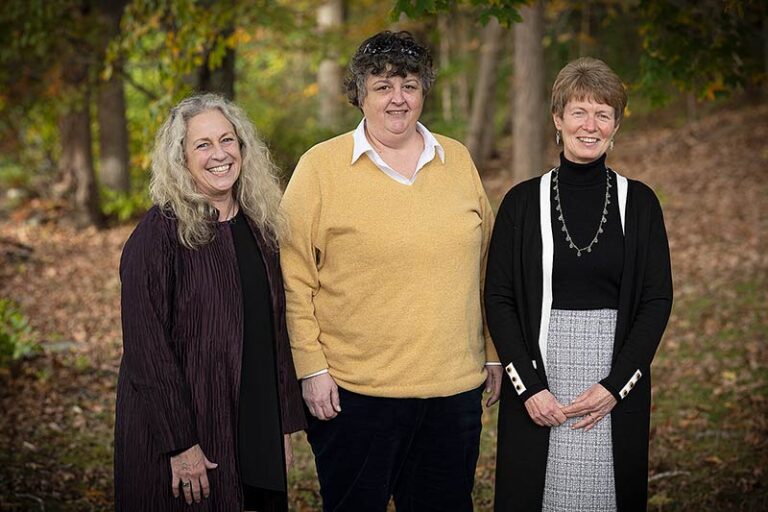Students across the country are grappling with their college enrollment decisions. For many, it is because of the nationwide challenges with the federal financial aid system (FAFSA), which crippled colleges trying to send financial aid packages to students. The neurodiverse community has an additional challenge. For these students, the college enrollment decision is often based on the family’s perception of readiness and fit. As many neurodivergent students graduate high school and their transition plans end, the summer leads to the question, “is my adolescent ready for college and what do I do if they aren’t?”
At Franklin Academy, transition planning is integrated into our curriculum. Skills like shifting, problem-solving, and thinking flexibly are knitted into our classroom and residence life model, and heavily supported by our college counselor. As the outgoing Vice President at Beacon College, and the Co-Chair of the Learning Disability Special Interest Group of the National Association of College Admissions Counselors, I can confidently say that the interwoven executive functioning and transition skills taught at Franklin are not replicated elsewhere. Our goal is for Franklin to respond well to the dilemma around college readiness, serving as an innovative leader in the space of education for students with learning differences.
Franklin College Connections (FCC), our post-graduate program, is a response to the growing need to work with students who are college capable but perhaps not fully college ready. While many post-graduate programs are seen as an extension of high school or a step backwards, FCC is a progressive step forward. We help students realize their passions, develop skills that can be generalized across various environments, and practice those skills with a wide network of support resources. FCC is a giant step forward aimed at increasing post-secondary retention and employability for individuals with learning, attention, and neurodevelopmental disabilities.
How do we do this? We start by creating a program for each student. No PG program should be static as students enter with different strengths, interests, and goals. Each student enters FCC with an individualized plan that can include on-campus coursework through University of Connecticut, off-campus classes at Middlesex Community College, or internships at various locations in East Haddam or neighboring towns. While each of those plans looks different, some pieces of FCC are consistent, including supplemental workshops on independent living skills, college and career social norms, and increasing awareness on accessibility. We want our students to feel that this PG year is about them, and each program and activity they engage in relates directly to their transitional goals and future plans.
We also need to have fun! Students in FCC will be able to take part in Franklin Academy social events, but will also create communities elsewhere. It may be by joining a club at Middlesex Community College or an adult sports league. Some may want to act in our yearly spring musical while others will hang with their D&D group in Old Saybrook. The autonomy and opportunity to create community is what adulting is all about. With their own social advisor, our FCC students will get the guidance and support to find their tribe.
My challenge for many is to reconsider how we think about the transition to college or the workforce for individuals with learning differences. While access may have increased, outcomes have not changed. Franklin College Connections gives students who may need more time the opportunity to enhance academic, social, emotional, and executive functioning skills. When students depart FCC with their portfolio, they will be prepared to triumph in various environments, feeling confident that the work they have done to get them ready for their next steps!




